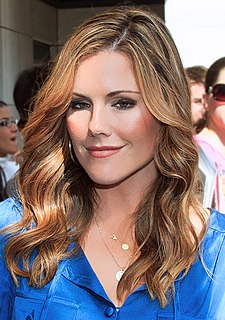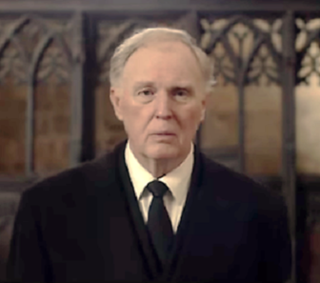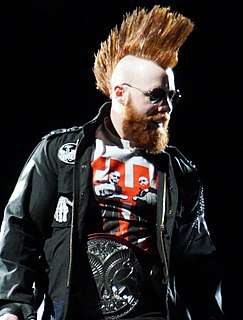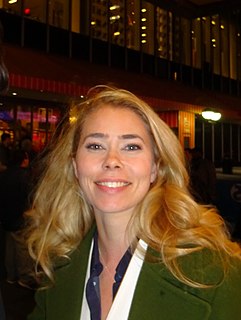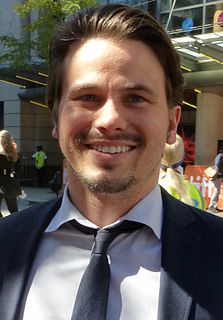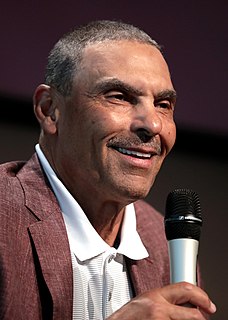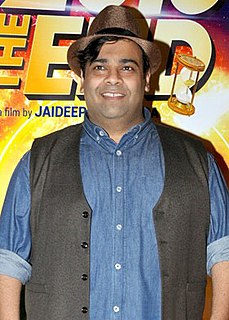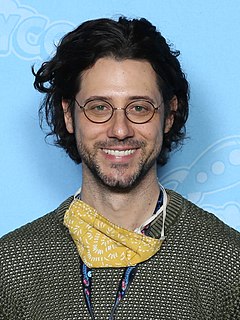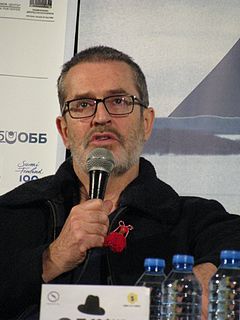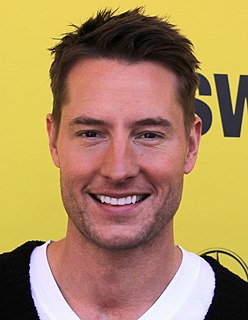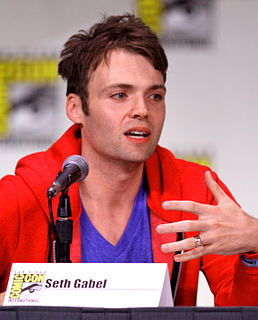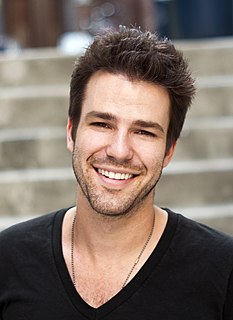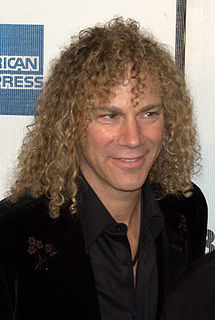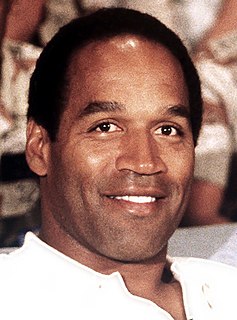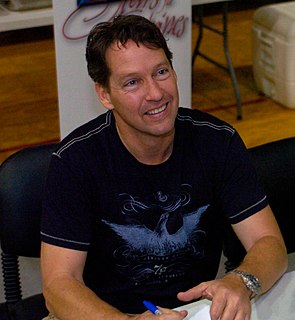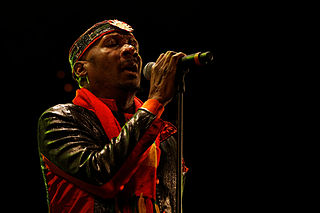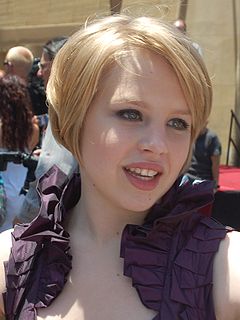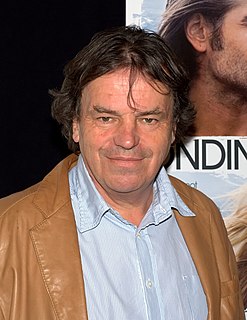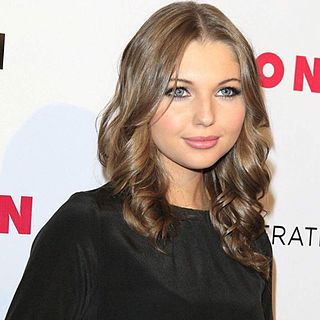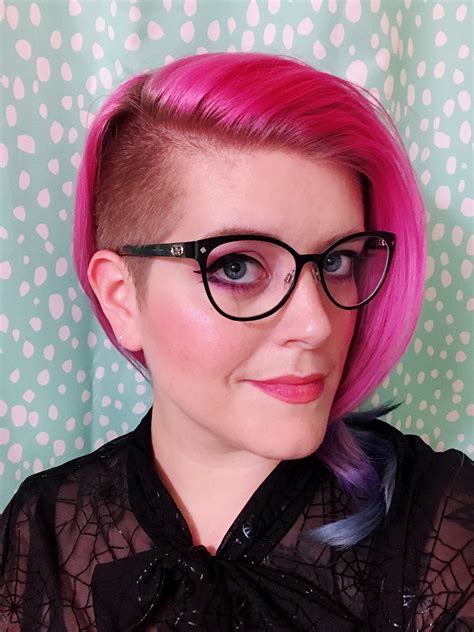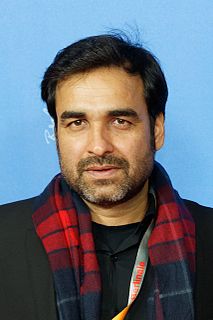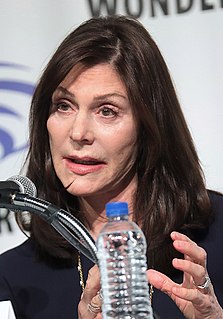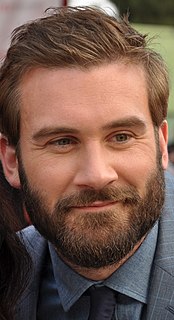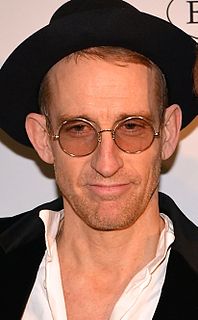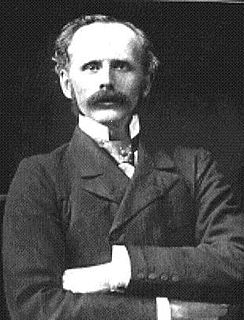Top 1200 Personality And Character Quotes & Sayings - Page 20
Explore popular Personality And Character quotes.
Last updated on December 19, 2024.
I'm a touring artist - I love going out and playing live, and I was sick of making records didn't translate well live - that misrepresented who I was as an artist. I'm not saying those records weren't good. I think they're great. I think a lot of them have great songs. My challenge was making the songs that were specifically great for the type of personality I wanted to present which was my personality - I wanted to get that across on record - and have something that was fun and energetic live.
As an actor, you don't want to know the beginning and end to your character's arc. It makes it more fun. You're not playing the end. You're playing it realistically. You don't know where this character is going to go and what's going to happen to him, which just makes it more interesting for the viewers to watch. They're going on the journey with you, as the actor and the character.





